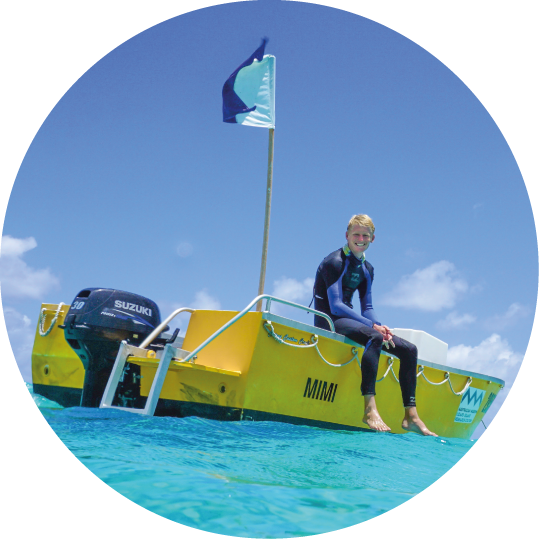IES Webinar: The changing song of the sea
Coral reefs are alive with sound. Fish and invertebrates create a symphony of snaps, whistles, pops, chirps and grunts which they use to communicate, detect danger and food, choose a mate and find a home. But degradation alters reef soundscapes, with concerning consequences. Young fish are usually attracted to reefs by sound, replenishing populations as they settle, but degraded soundscapes have reduced attractiveness to young fish, potentially jeopardising this process. Our research now shows that bioacoustic approaches have promise as novel tools for reef management; we can use hydrophones to monitor reef health and underwater loudspeakers to attract juvenile fish to degraded habitat. In a world where reefs are changing at unprecedented rates, much can be achieved by learning to listen.
About the speaker

Tim Gordon is a marine biologist based at the University of Exeter and the Australian Institute of Marine Science. His research addresses marine bioacoustics: sound travels far and fast underwater, and many marine organisms communicate, navigate, and sense their environment by listening. Today, the natural sounds of marine ecosystems are being altered by climate change and drowned out by human noise pollution; Tim’s research aims to understand more about the likely impacts of these changes and what we can do about them. He focuses mainly on coral reef ecosystems, combining field experiments on fish behaviour with computational analysis of sound recordings.



